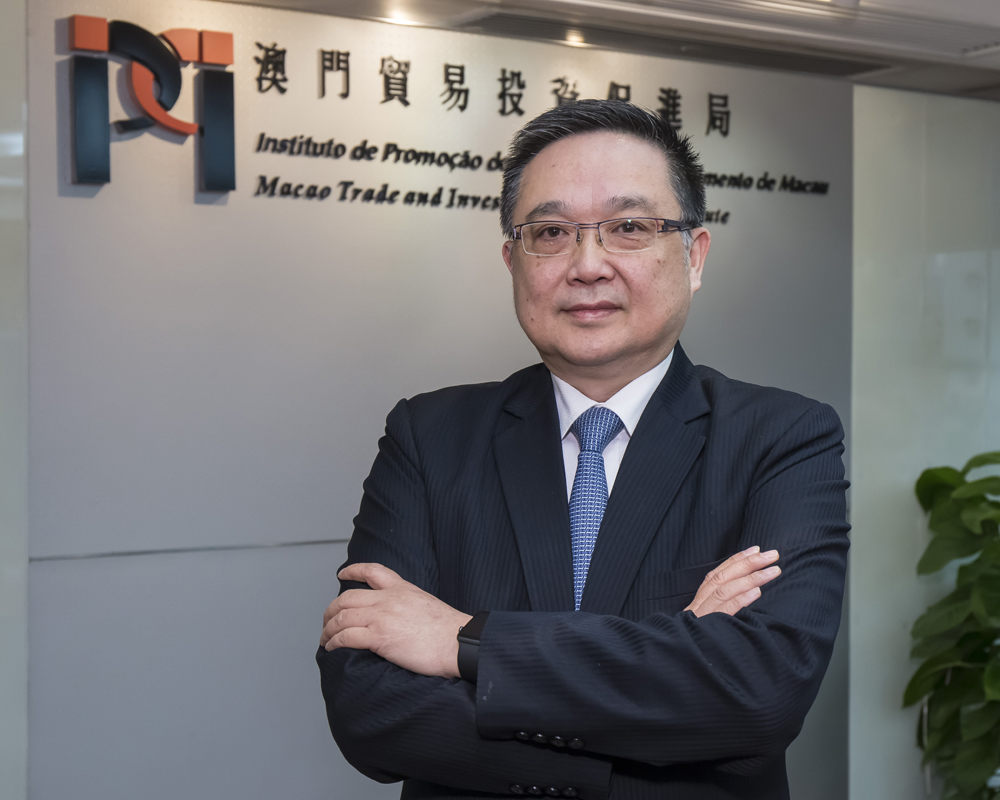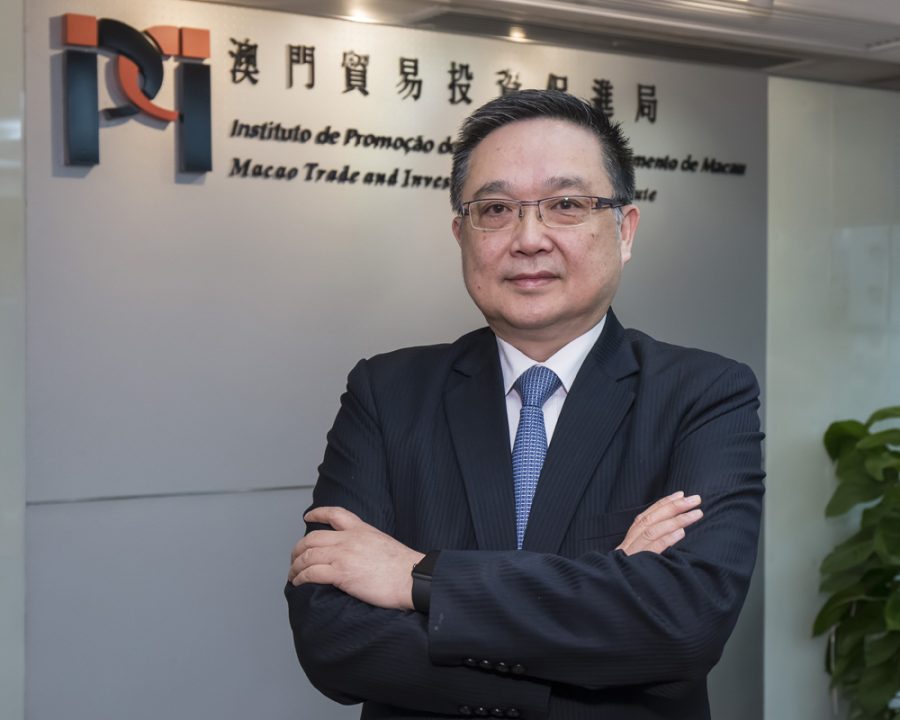Macau Trade and Investment Promotion Institute (IPIM) President Jackson Chang said Tuesday that since 2013 his institute had transferred 65 applications for its two temporary residency schemes to the judiciary for further investigation or follow-up on suspicion that they involved regulatory breaches or even criminal offences.
Chang also said that his institute would carefully study this week’s hard-hitting report by the Commission Against Corruption (CCAC) on the findings of an investigation into the two IPIM temporary residency schemes, and improve its internal approval procedure accordingly.
Chang made the remarks while speaking to reporters on the sidelines of a public event at Macau Tower.
Chang’s remarks came after the Commission Against Corruption in the report, which was released on Monday, slammed the institute for failing to properly assess applications for temporary residency granted by IPIM officials through its “major investment immigration” and “specialist immigration” schemes. The latter scheme is for managerial personnel, specialists and professional qualification holders hired by local employers.
The CCAC says in the report that the institute approved a number of temporary residency applications that did not meet the official requirements. The report also says that IPIM staff failed to discover fraudulent conduct by some applicants so that their applications were inappropriately approved.
The CCAC report also criticises the institute for its failure to have a stringent mechanism for approving its two temporary residency schemes.
The institute grants approvals for temporary residency for non-locals who plan to “make a major investment” in industrial, tourism and other commercial businesses, as well as for managerial personnel, specialists and professional qualification holders who have been hired by local employers, according to a by-law regulating the two IPIM temporary residency schemes promulgated in 2005.
The CCAC report says that the investment amounts in many of the approved applications under the institute’s “major investment immigration” scheme had been rather low before November 2015 when the institute raised its minimum investment amount to 13 million patacas as reference for assessing and approving temporary residency applications.
According to the report, the CCAC discovered that the business or professional activities of the applicants were not consistent with their job titles as declared in their applications, or they were involved in business or professional activities not related to Macau.
According to The Macau Post Daily the anti-graft body also discovered in its investigation that some applicants for the “specialist immigration” scheme even obtained temporary residency permits through allegedly fictitious employment contracts.
Speaking to reporters,Chang said that concerning the 65 applications, 37 were discovered by the institute itself when it carried out regular reviews on its temporary residency applications, while six cases were based on information provided by other government entities.
He said that the remaining 22 cases were based on reports and complaints by individuals.
According to Chang, the 65 applications involved fake statements on academic qualifications, fictitious employment contracts, fake documents and various forms of false statements.






